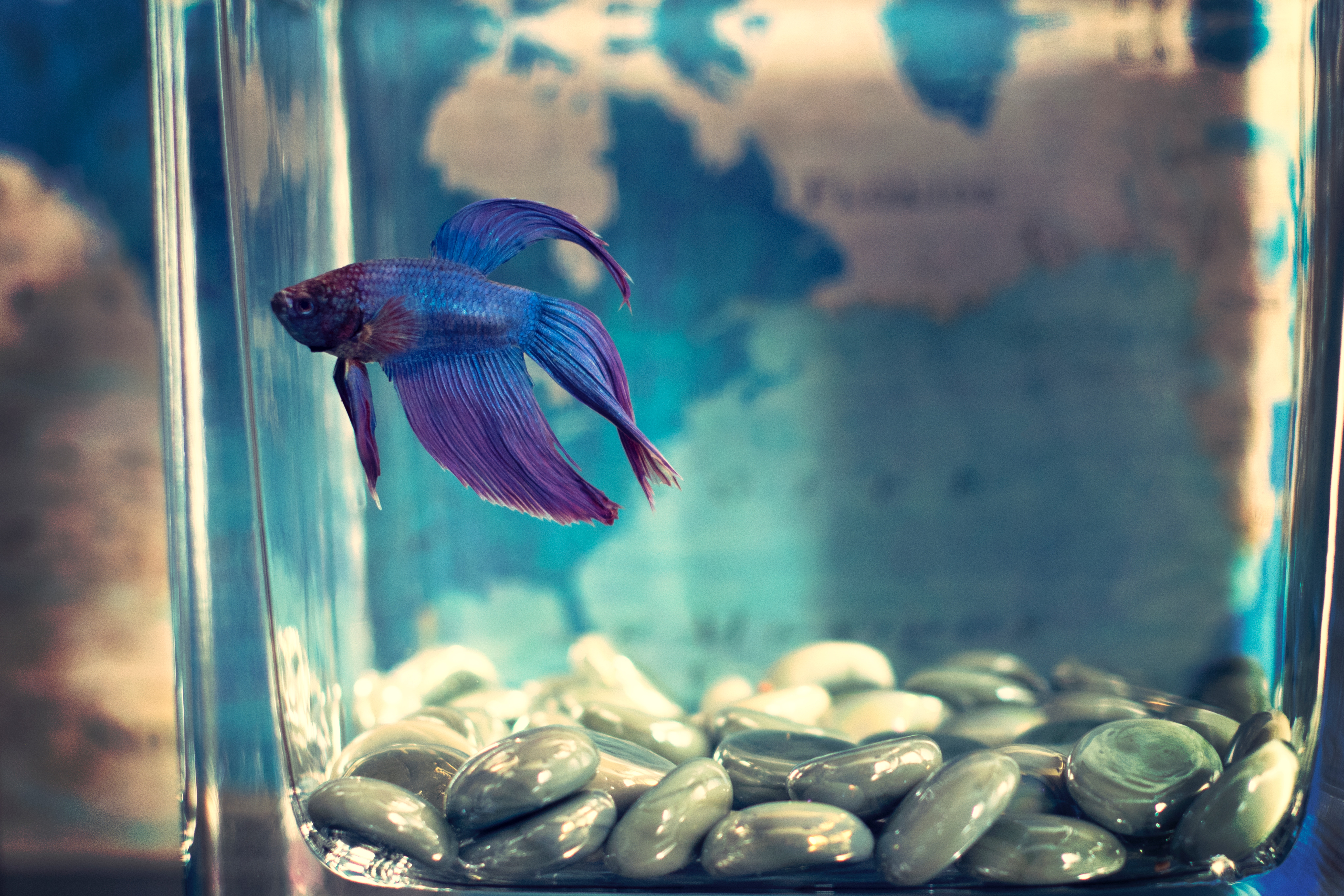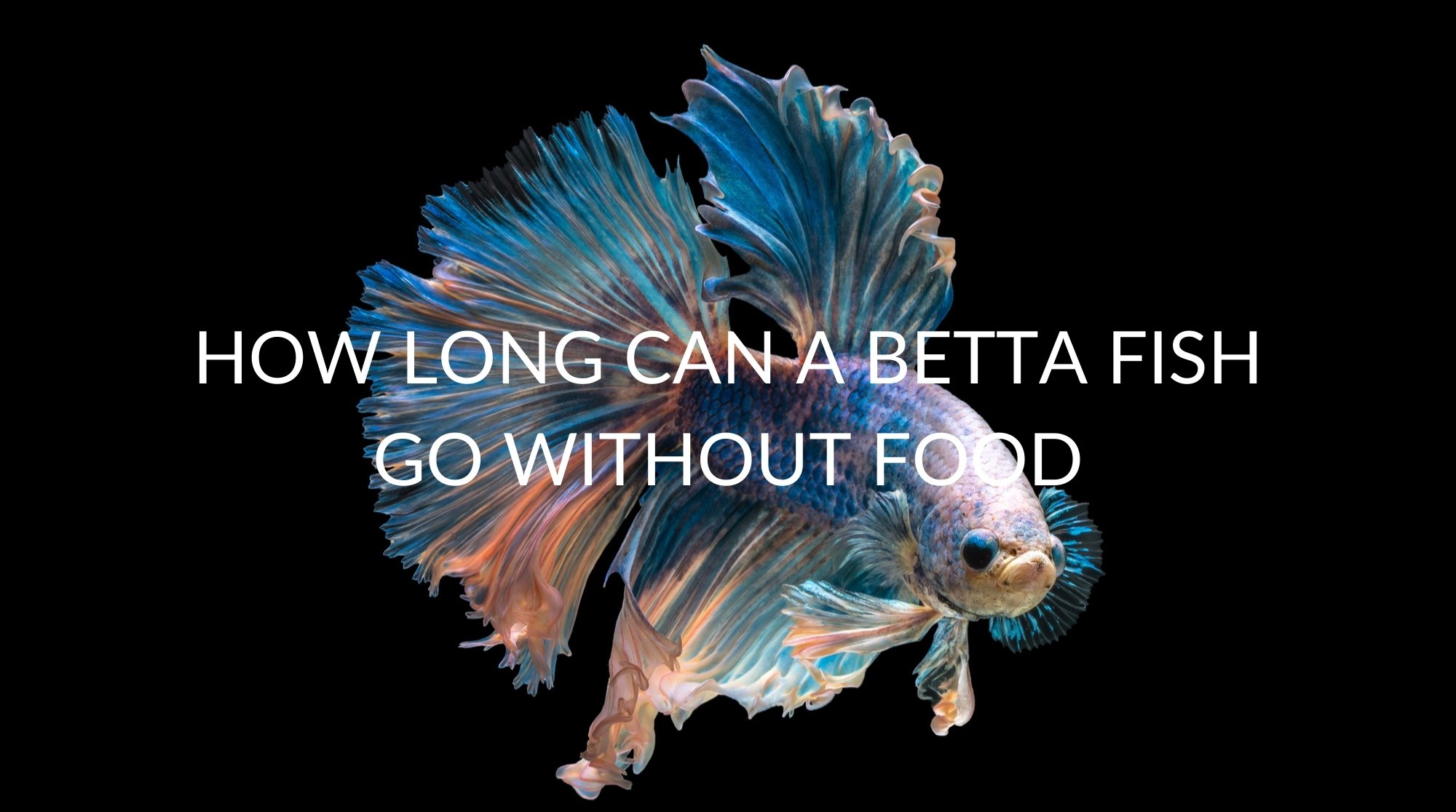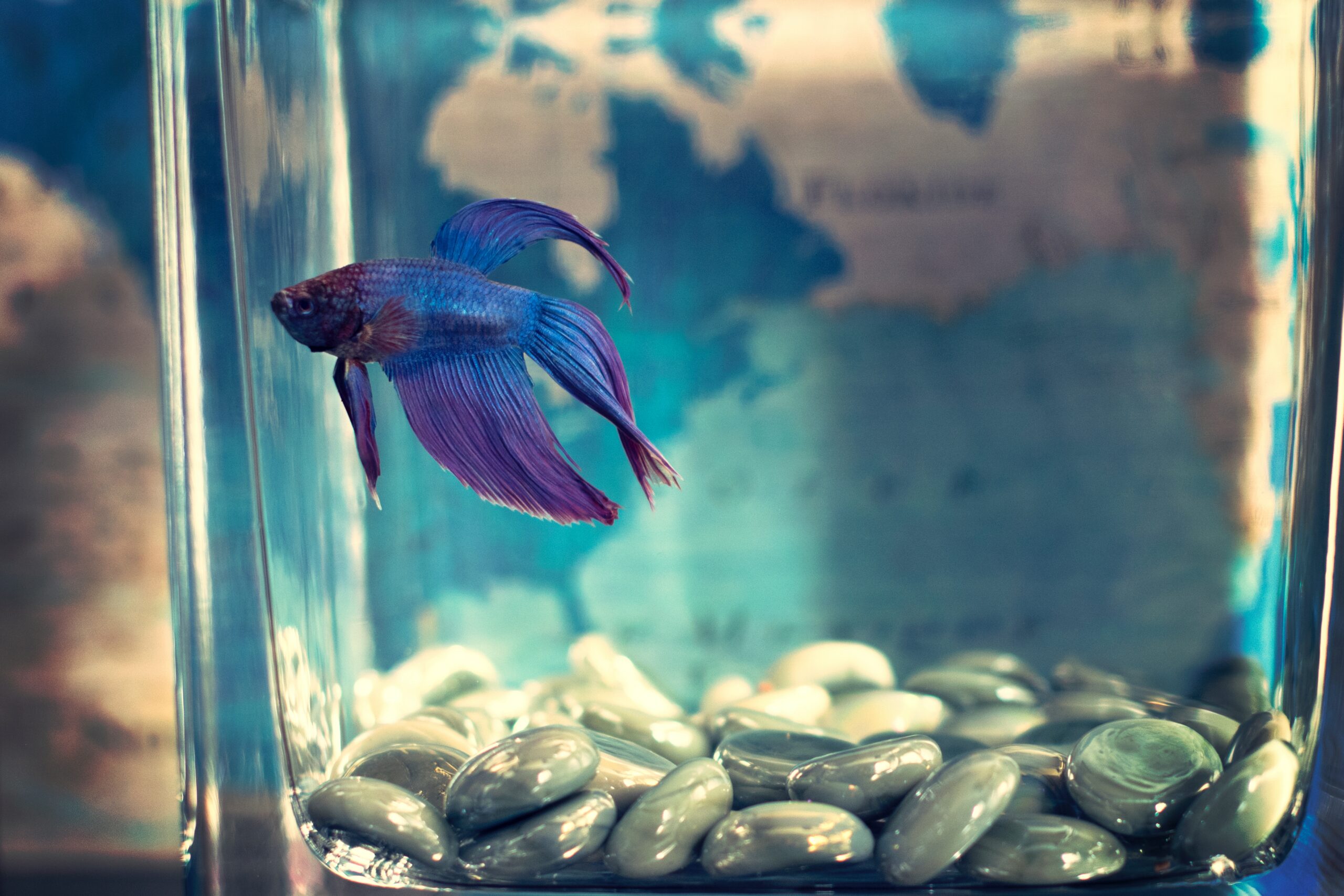Betta fish are popular pets among fish enthusiasts due to their vibrant colors and active personalities. However, many owners often wonder how long their Betta fish can survive without food. This is an important question to consider, especially if you’re planning a vacation or have a busy schedule that may prevent you from feeding your fish regularly.
In this article, we’ll explore the factors that affect how long Betta fish can go without food and provide some tips on how to ensure your fish stay healthy and happy even when you’re away. So, if you’re a Betta fish owner or considering getting one, keep reading to learn more about this fascinating aquatic creature.
Betta fish can survive without food for up to two weeks. However, it is not recommended to intentionally withhold food from your betta for this long. Betta fish are carnivorous, and they require a high protein diet. Feeding them once or twice a day is crucial for their health. If you plan to leave your betta fish alone for more than two days, it is best to use an automatic feeder or ask someone to feed them while you are away.

Betta Fish: How Long Can They Go Without Food?
Betta fish, also known as Siamese fighting fish, are popular aquarium pets due to their vibrant colors and unique personalities. But as a responsible pet owner, it is important to know how long your betta fish can survive without food. In this article, we will explore the answer to the question “How long can betta fish go without food?” and provide tips on how to properly care for your betta fish.
How Long Can Betta Fish Go Without Food?
Betta fish are hardy creatures and can survive for several weeks without food. However, it is not recommended to let your betta fish go without food for more than 14 days. After two weeks without food, your betta fish will begin to show signs of starvation and will become weak and lethargic.
During periods of starvation, your betta fish will use up their stored fat reserves to survive. However, if they go too long without food, their body will begin to break down muscle tissue for energy. This can lead to a weakened immune system, organ failure, and ultimately death.
The Importance of Feeding Your Betta Fish
Feeding your betta fish on a regular schedule is important for their health and well-being. Betta fish require a balanced diet that includes protein-rich foods such as brine shrimp, bloodworms, and pellets. It is recommended to feed your betta fish small amounts of food two to three times a day.
Overfeeding your betta fish can also be harmful. Uneaten food can cause water quality issues in your aquarium, leading to bacterial growth and harmful toxins. It is important to remove any uneaten food from your aquarium after feeding.
Tips for Feeding Your Betta Fish
When feeding your betta fish, it is important to take your time and observe their behavior. Betta fish have small stomachs and can easily become bloated if overfed. Here are some tips for feeding your betta fish:
- Feed your betta fish small amounts of food two to three times a day.
- Offer a variety of foods to ensure a balanced diet.
- Remove any uneaten food from your aquarium after feeding.
- Observe your betta fish and adjust their feeding schedule as needed.
The Effects of Starvation on Betta Fish
As mentioned earlier, prolonged starvation can lead to serious health issues in betta fish. Here are some of the effects of starvation on betta fish:
Weakened Immune System
When betta fish are starving, their immune system becomes weakened, making them more susceptible to diseases and infections.
Organ Failure
If a betta fish goes too long without food, their organs will begin to shut down, leading to organ failure and ultimately death.
Behavioral Changes
A starving betta fish will become lethargic and may stop swimming or interacting with their environment. They may also become more aggressive or territorial.
Conclusion
In conclusion, betta fish can survive for several weeks without food, but it is not recommended to let them go without food for more than 14 days. Feeding your betta fish a balanced diet on a regular schedule is important for their health and well-being. As a responsible pet owner, it is important to observe your betta fish and adjust their feeding schedule as needed. By following these tips, you can ensure that your betta fish live a happy and healthy life in your aquarium.
Frequently Asked Questions
Here are some commonly asked questions about Betta Fish and their feeding habits.
How long can Betta Fish go without food?
Betta Fish can go up to two weeks without food, but it’s not recommended to go that long without feeding them. Some Betta Fish may start showing signs of distress after just a few days without food.
It’s important to make sure your Betta Fish is being fed properly and on a regular schedule to ensure their health and well-being. If you plan on being away for an extended period of time, consider having someone check on and feed your Betta Fish while you’re gone.
What happens if you don’t feed your Betta Fish for a week?
If you don’t feed your Betta Fish for a week, they may start to show signs of starvation. These signs can include lethargy, loss of color, and a loss of appetite even when food is offered. Over time, a lack of food can weaken a Betta Fish’s immune system, making them more susceptible to illness and disease.
It’s important to stick to a regular feeding schedule for your Betta Fish to ensure they stay healthy and happy. If you’re going to be away and unable to feed your Betta Fish, make sure to arrange for someone to take care of them while you’re gone.
Can Betta Fish survive without food for a month?
While it’s possible for Betta Fish to survive for a month without food, it’s not recommended. Betta Fish can become weak and susceptible to illness if they go too long without eating. Additionally, a lack of food can cause a Betta Fish’s digestive system to slow down, making it more difficult for them to process food when it is offered.
If you’re going to be away for an extended period of time, it’s important to make arrangements for someone to check on and feed your Betta Fish. Alternatively, you can try using an automatic feeder to ensure your Betta Fish is being fed on a regular schedule.
How often should you feed your Betta Fish?
Most Betta Fish should be fed once or twice a day, with a small amount of food each time. Overfeeding can lead to health problems, so it’s important to stick to a regular feeding schedule and only offer your Betta Fish as much food as they can eat in a few minutes.
It’s also important to vary your Betta Fish’s diet, offering a mix of pellets, flakes, and freeze-dried or frozen foods. This will ensure your Betta Fish is getting all the nutrients they need to stay healthy and happy.
What should you do if your Betta Fish stops eating?
If your Betta Fish stops eating, it’s important to try to determine the cause. This could be due to stress, illness, or a change in water conditions. Make sure to check the water temperature and quality, as well as your Betta Fish’s behavior and appearance.
If you can’t determine the cause of your Betta Fish’s loss of appetite, consider consulting with a veterinarian or an experienced Betta Fish owner for advice. It’s important to address any health issues as soon as possible to ensure your Betta Fish stays healthy and happy.

HOW LONG CAN BETTA FISH SURVIVE WITHOUT FOOD?
In conclusion, betta fish can survive without food for up to two weeks. However, it is not recommended to leave them without food for an extended period as it can cause health problems. It is essential to feed your betta fish a balanced diet and monitor their feeding habits to ensure they are healthy.
As responsible pet owners, it’s our duty to ensure our pets are well-fed and taken care of. Betta fish are no exception. While they can survive without food for a period, it’s crucial to provide them with the right nutrients regularly. A healthy diet can help prevent health issues and prolong their lifespan.
In summary, betta fish can go without food for a short period, but it’s essential to maintain their feeding schedule. Regular feeding and a balanced diet are crucial for their overall health and well-being. By taking proper care of your betta fish, you can enjoy their company for years to come.

